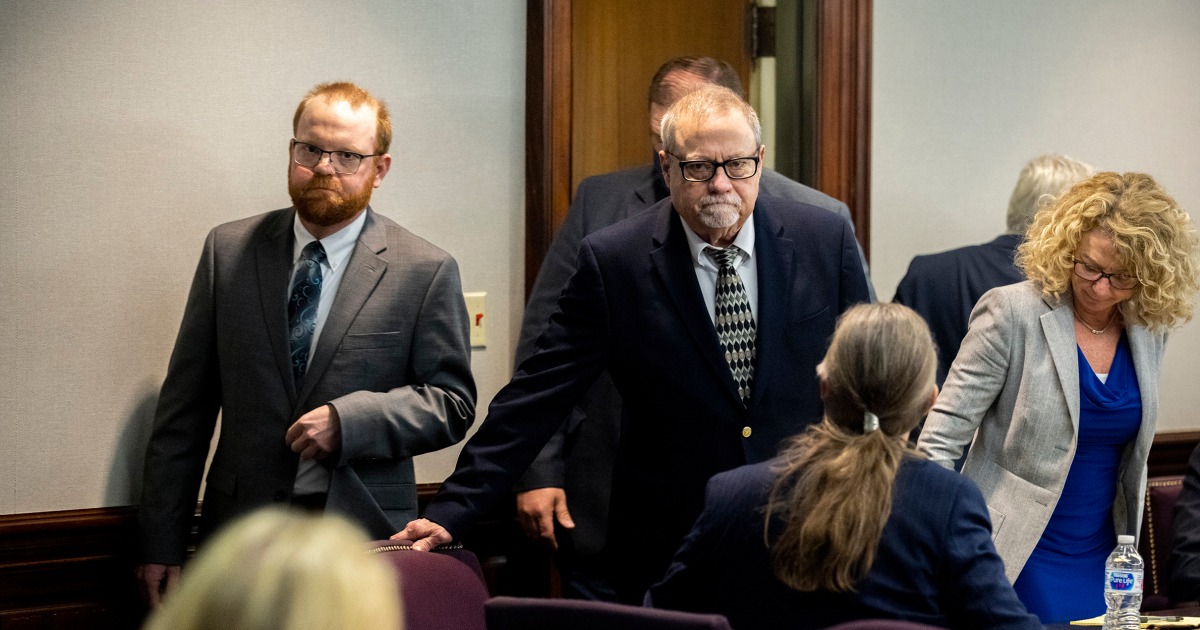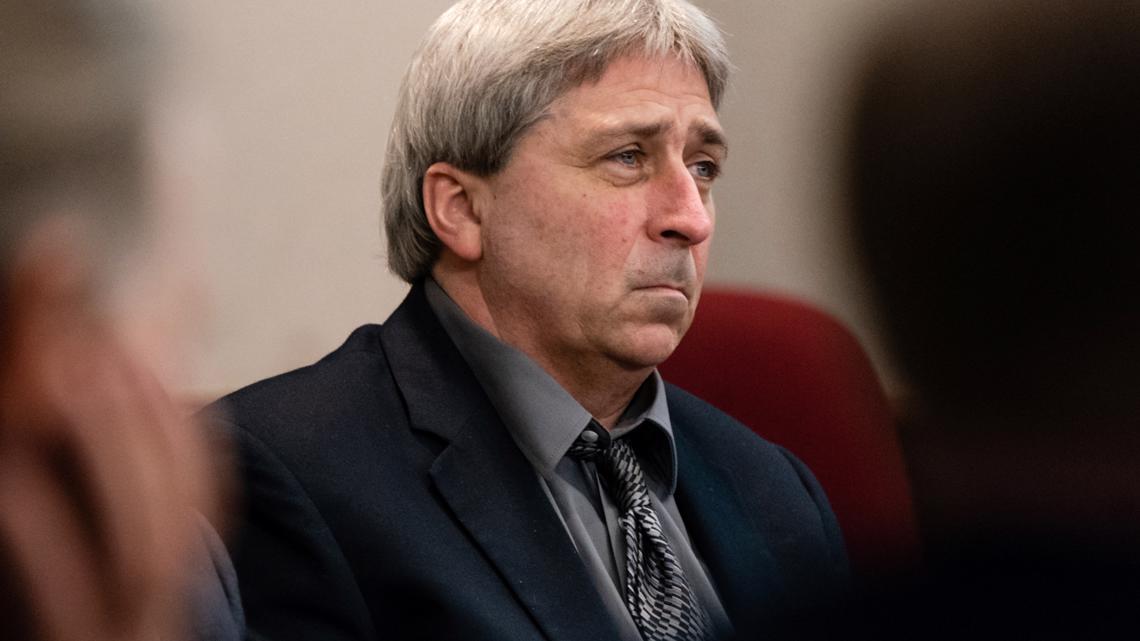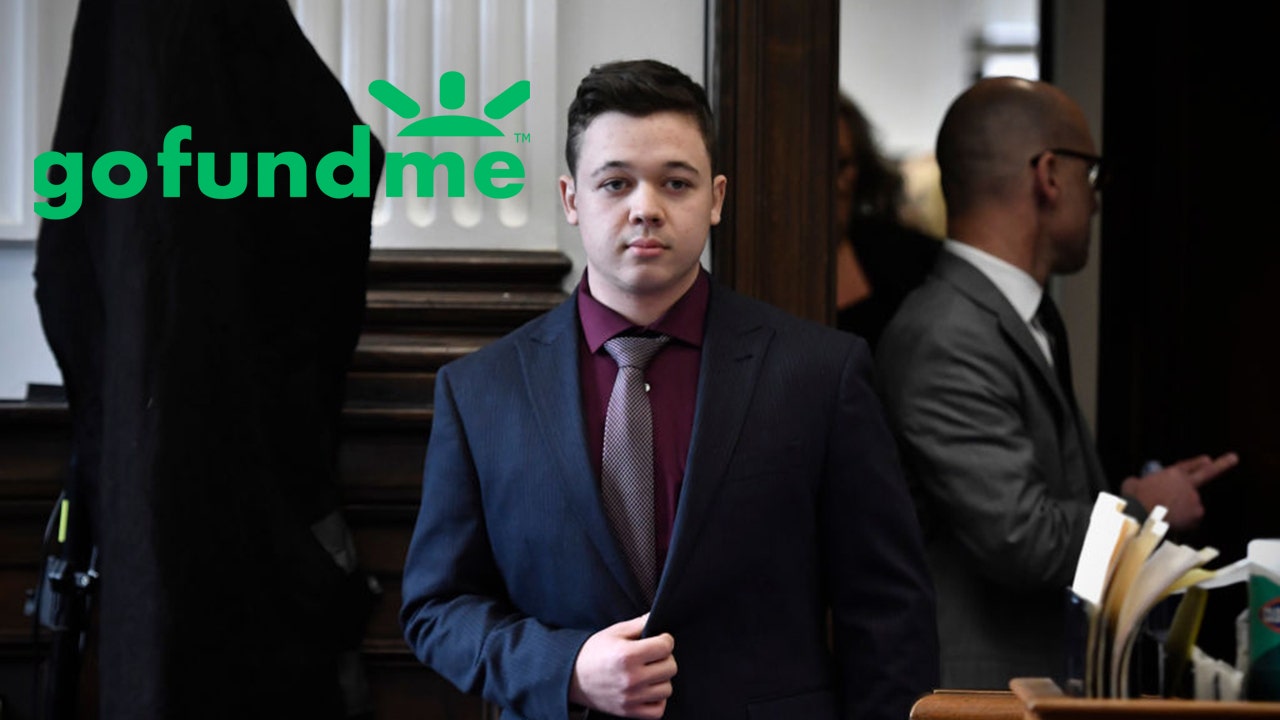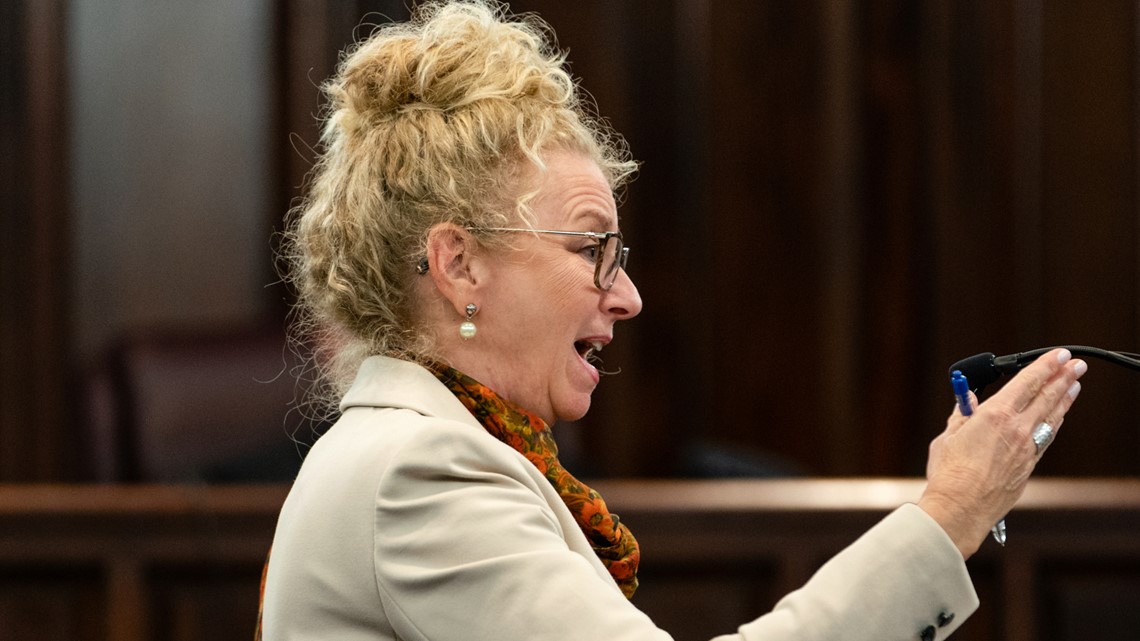
Mother seeks justice after son shot while jogging in Brunswick, pair involved in killing not arrested
It’s been over two months since a young black man jogging in Brunswick, Ga., was gunned down by two white men...
www.jacksonville.com
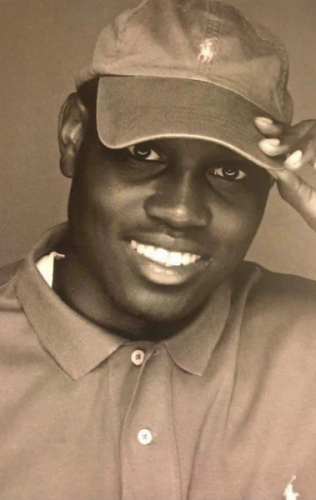
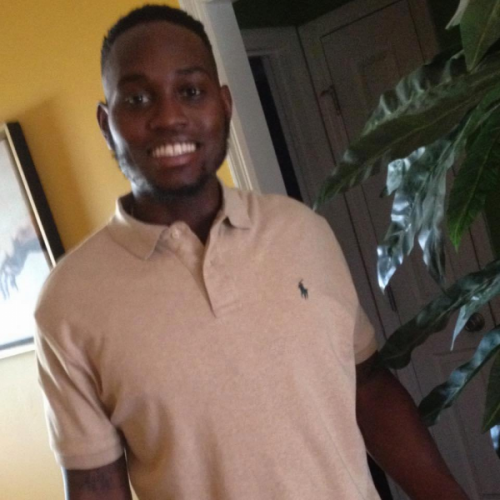
Mother seeks justice after son shot while jogging in Brunswick, pair involved in killing not arrested
It’s been over two months since a young black man jogging in Brunswick, Ga., was gunned down by two white men who said they thought he was a possible burglar.
Ahmaud Arbery’s mother wants to know where is the justice.
“I just think about how they could allow these two men to kill my son and not be arrested, that’s what I can’t understand,” Wanda Cooper told news partner First Coast News.
A police report states about 1 p.m. Sunday, Feb. 23, Glynn County officers responded to Satilla and Holmes drives where shots were fired. They found Arbery, 25, dead on the scene.
Gregory McMichael, who worked several years for the Brunswick Police Department before serving as an investigator in the Brunswick District Attorney’s Office, told police there were several break-ins in the neighborhood. He said he saw Arbery running down Satilla Drive and asked his son Travis McMichael to help him confront him.
McMichael and his son got a shotgun and handgun because they “didn’t know if Arbery was armed or not.”
The father and son got into their truck and drove down Satilla toward Burford Drive. Gregory McMichael stated when they arrived at Holmes Drive, they saw Arbery running down Burford, according to the report.
Gregory McMichael told police they attempted to cut off Arbery and shouted “stop, stop, we want to talk to you.”
McMichael pulled up next to Arbery, and Travis McMichael got out of the truck with the shotgun. According to statements, that’s when the father said Arbery attacked his son and the two men started fighting over the shotgun. Travis McMichael fired a shot and then a second shot.

After video appears to show black jogger gunned down by 2 white men in coastal Georgia, family demands arrests
The fatal shooting of a black man — apparently recorded on video in February and posted online Tuesday by a local radio station host — will go to a grand jury in coastal Georg…
After video appears to show black jogger gunned down by 2 white men in coastal Georgia, family demands arrests
The fatal shooting of a black man — apparently recorded on video in February and posted online Tuesday by a local radio station host — will go to a grand jury in coastal Georgia, according to a district attorney.
Elements of the disturbing video are consistent with a description of the shooting given to police by one of those involved in the incident.
Ahmaud Arbery, 25, was jogging in a neighborhood outside Brunswick on February 23 when a former police officer and his son chased him down, authorities said. According to a Glynn County Police report, Gregory McMichael later told officers that he thought Arbery looked like a person suspected in a series of recent break-ins in the area.
After they chased down Arbery, McMichael told police, Arbery and McMichael’s son Travis struggled over his son’s shotgun. McMichael said two shots were fired before Arbery fell to the street, the report said.
S. Lee Merritt, an attorney for the Arbery family, said in a statement that the two men involved in the chase “must be taken into custody pending their indictment.”
Gov. Brian Kemp said the Georgia Bureau of Investigation has offered resources to Durden for his investigation. “Georgians deserve answers,” Kemp tweeted.
Kemp also retweeted the GBI’s post that Durden “formally requested the GBI to investigate the death of Ahmaud Arbery.”





